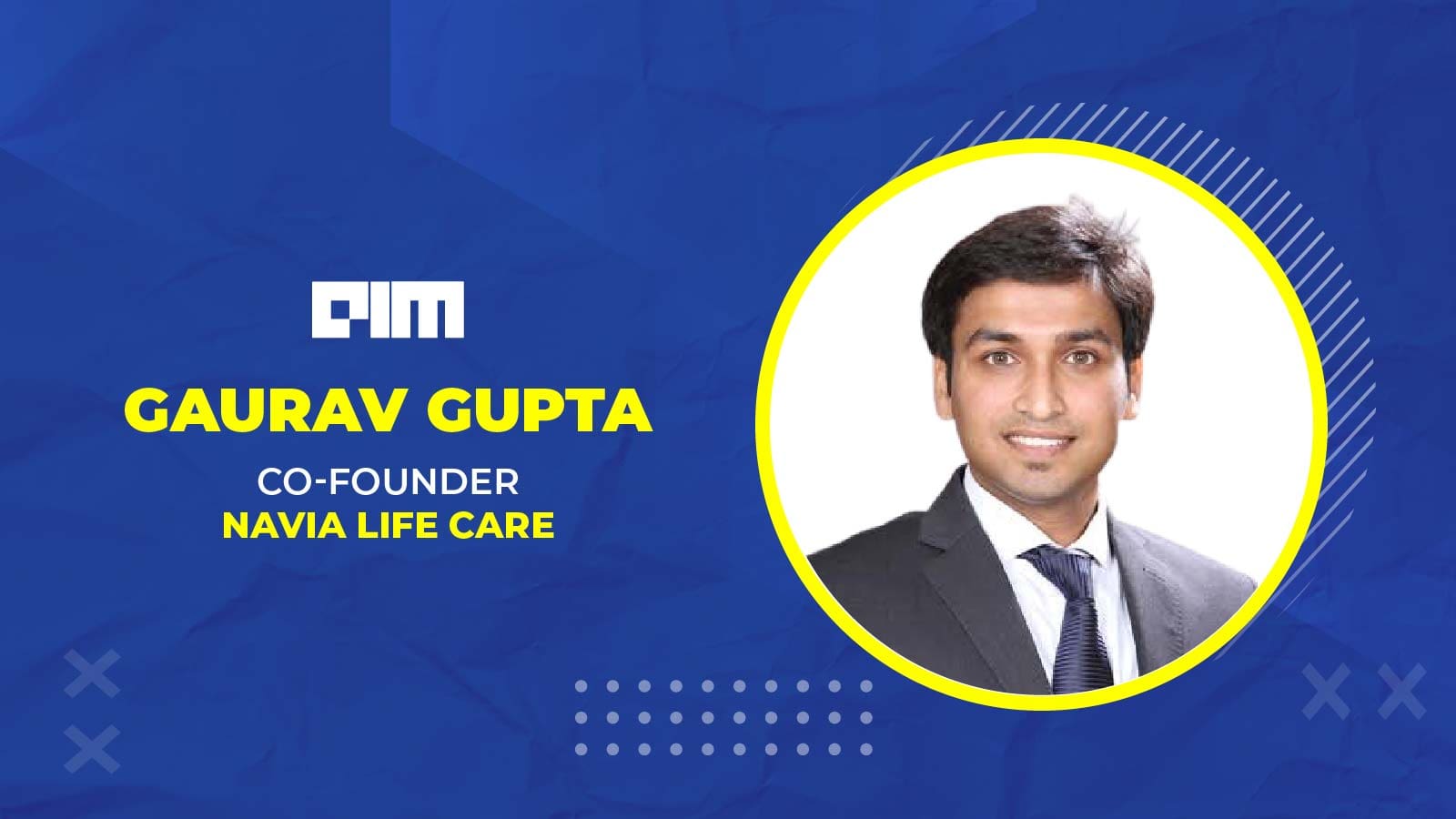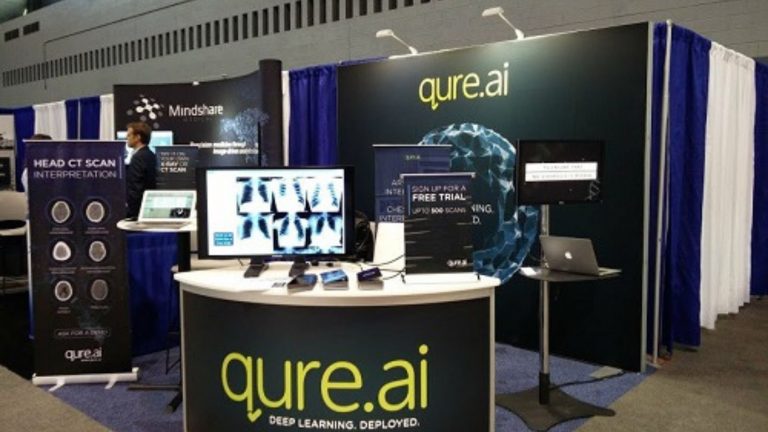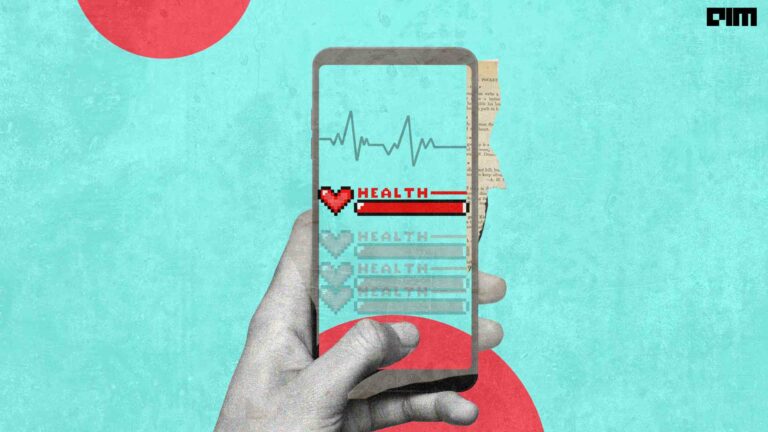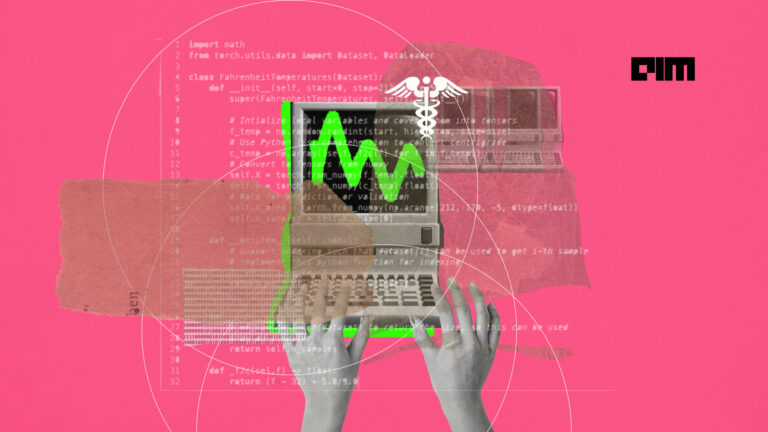Being healthy has become a prime concern, now more than ever; and there are a few startups that are making the process a lot more simplified for patients as well as for doctors. One such startup is Navia Life Care that was founded by Kunal Kishore Dhawan and Gaurav Gupta in 2016 with a collective vision of making a difference to the ecosystem. Amid this sea of health tech startups, simplicity of the products has become the key differentiator of Navia Life Care — a smart solutions provider for the healthcare industry.
The founders have closely been working with the healthcare ecosystem for years together now and believe that the primary reason for the failure of any products in this industry is the complexity of its usage and the expectation of behaviour change, and the timing. “We have worked on the two of these three factors and believe that the time is just right currently,” said Gaurav Gupta, the co-founder of Navia Life Care. Not only the products designed by the developers are simple for the doctors to use but also doesn’t require any change of behaviour or new learning by the doctor or other stakeholders.
Additionally, the startup’s innovative business model makes it stand out of the competition. “We keep ourselves lean with a focus on exponential growth, keeping unit economics as the focus. To do this, we are increasingly looking at expansion through partnerships, instead of being feet-on-street heavy,” said Gupta. “Partnerships with key players in the ecosystem not only increases our reach but also gives our solution gravitas and credibility in the industry.”
How AI & ML Helping It Scale?
Currently, the company is using many third-party libraries as well as self-embedded logging mechanisms to understand people’s usage of the platform. By leveraging the captured data, the company analyses the behaviour of the users to drive the current product development pipelines. Furthermore, the company has different AI-enabled suggestions/recommendations systems that have been designed to help doctors write their prescriptions and also provide insights to the doctors regarding their usage on the platforms.
In order to improve patient and doctors engagements over digital platforms, Navia Life Care has multiple problems where it is making use of AI/ML to help us scale. One of the key areas where the startup is using AI and analytics is improving the speed of writing prescriptions, where the custom AI engines are adept in learning the frequently used symptoms, tests, and drugs used by the doctor and show it in the recommended list. “We have built a CDS (Clinical Decisioning support) system which works on doctors’ previous data of prescriptions, to recommend him with further suggestions while creating prescriptions,” stated Gupta. The doctor can now create a prescription just using a few clicks.
The proprietary voice-to-text engine further converts voice commands by doctors through Web-Speech and Google Assistant APIs to medical terminology, which also reduces the time and effort spent by doctors to create a digital prescription. Along with this, the custom ML-based handwriting recognition software that is currently being used by the Navi Trace and Navi Scan devices digitise the handwritten prescriptions. This process simplifies the process of decoding prescriptions. Artificial intelligence helps doctors as well as users to dissect and transcribe the prescriptions into these components.
Additionally, Navia Life Care has trained neural networks based models on dissecting the prescription into five different parts. Post that, these parts are then combined to form a digitised prescription. This leads to reduced mistakes when the drug is dispensed at the pharmacy and also helps in maintaining complete and easily searchable medical records.
Along with all these, the startup also leverages artificial intelligence and ML models to optimise queue management and reduce wait times. The product has been built to predict the time that will be taken by individual patients and doctors and will recommend the most probable time for the appointment to the patient. For this, the developers have trained an ML-based predictive model which helps in predicting the time it will be taken by a doctor to serve a particular patient. The added advantage of this is reduced crowding in hospitals resulting in fewer hospital-acquired infections — proving massive benefit amid COVID pandemic.
The company is using the latest state-of-the-art tools and technologies for product development. For the frontend, the company is leveraging React, however for the backend the company is using Python, Django, elastic search, Mongo DB. Further, the products were created on iOS Native and Android: Android native.
Considering, EMR and telemedicine are relatively nascent in India; however, a fast-growing industry, Navia Life Care believes that the company is one of the key players in the industry. “We pride ourselves on being the most agile and capital efficient as compared to our competitors,” said Gupta. “We have been able to achieve significant growth with a very small and dedicated team. Our key competitors include Healthplix and Medtrail, among others.”
Future Roadmap
In the past six months, the company has witnessed a 10x jump in the number of doctors on the platform and are currently working with 8000+ doctors across the country. Interestingly, 70%+ of these doctors are from tier 2/3 cities. “We’re also working with a few large pharmaceutical companies in India to promote the same,” stated Gupta.
The startup also has a critical focus on hiring, where they believe in a single point agenda, i.e. “hire people who are better than us.” The founders like to keep their team lean and agile, which is then coupled with high productivity with high rewards.
With an ambitious vision to achieve by 2025 — the startup wishes to revolutionise the healthcare industry by enabling more than 250 thousand doctors and over 200 million patients in over ten countries. The startup envisions an ecosystem where patient care and patient outcomes are the primary objectives.
“Digital healthcare has emerged as an indispensable tool to fight COVID-19 in India and is now set to revolutionise the entire healthcare ecosystem. Given the rapid adoption of digital health tools and favourable government reforms, we foresee exponential growth in the coming month in terms of the number of users and revenue,” concluded Gupta.


















































































